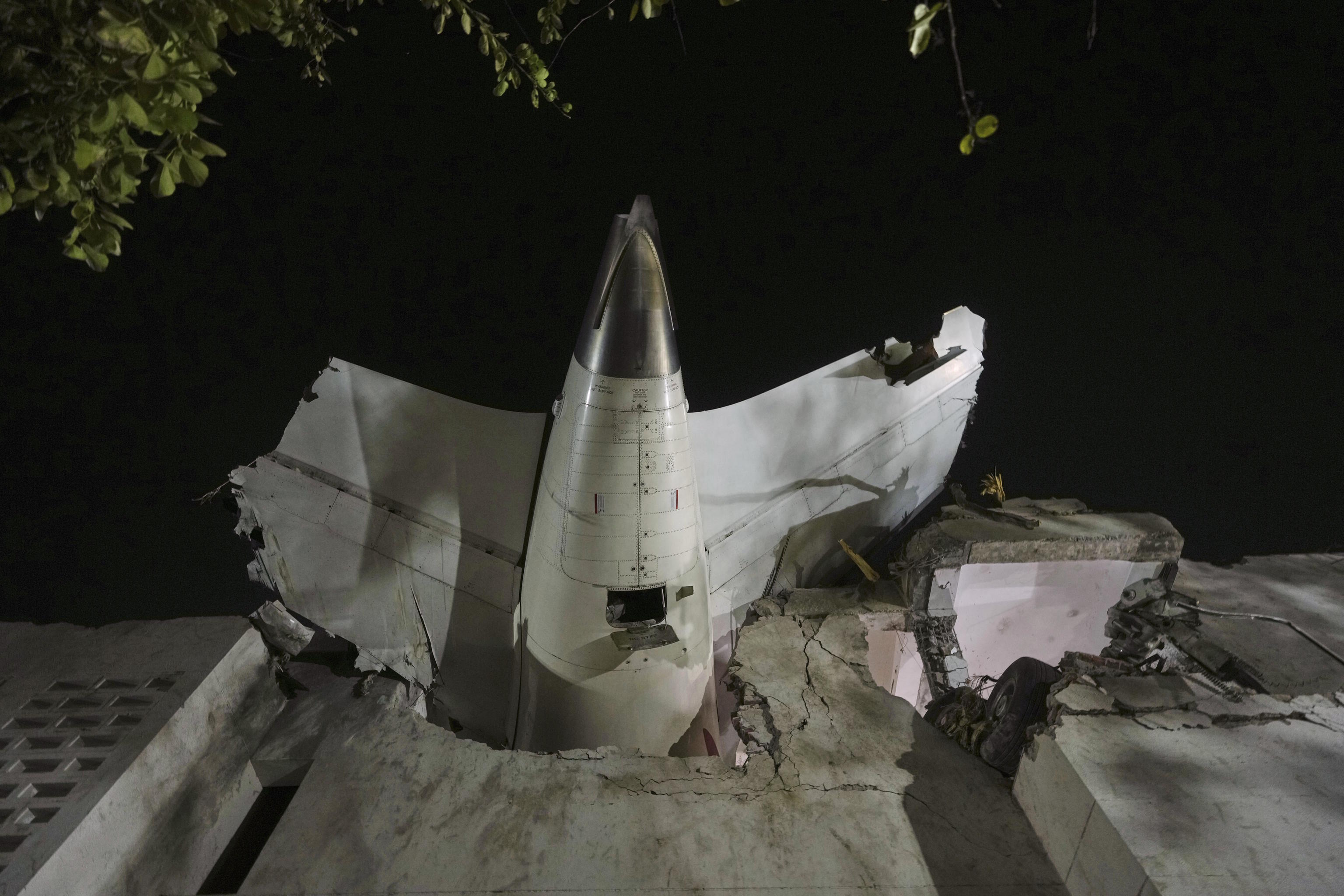Just a few seconds after taking off from Ahmedabad airport, there was a brief discussion between the two pilots of the Boeing 787-8 Dreamliner heading to London on June 12. "Why did you turn off the engines?" one of them asked. "It wasn't me," the other replied. Immediately after, the air traffic control received a distress call from the plane. "Falling... Mayday! Mayday! Mayday!" exclaimed the flight captain, Sumeet Sabharwal.
There was only one survivor among the 242 people on board the plane, which crashed into a residential area of a medical faculty in Ahmedabad, one of the largest cities in India. It was 1:39 PM local time, and at that moment, there were at least 35 students in the dining hall of the residence. Several of them added to the list of 19 deaths on the ground.
In recent days, attention has returned to this tragedy after the preliminary investigation report was released, revealing the recovered cockpit voice recordings. In them, the discussion between Sabharwal and the co-pilot, Clive Kundar, can be heard. Although the voices have not been clearly identified to determine who asked about the fuel control switches, located just below the thrust levers, which went from the Operate position to the Cut position in one second, shortly after takeoff.
These switches are usually only turned off to shut down the engines after landing or during emergency situations, such as an engine fire. The cut, according to the investigation, caused both engines to lose power, cutting off the fuel supply, and Air India Flight 171 descended sharply. On Monday, India's aviation regulator ordered the country's airlines to inspect fuel changes in Boeing aircraft.
After this report came to light, both the victims' families and the Indian and United Kingdom media -among the deceased were 53 British citizens- have speculated about the possibility of a pilot error, sabotage, or even a problem with the fuel control switches.
"If these switches cannot be easily deactivated, and if there could have been no software failure, then it is deliberate, isn't it? It's either sabotage or suicide," expressed a relative of one of the victims to the BBC.
"The preliminary report did not identify any cause or make any recommendations, so it urged everyone to avoid drawing premature conclusions, as the investigation is far from over," pointed out Air India's CEO, Campbell Wilson. The Indian Commercial Pilots Association (ICPA) stated in a press release that they were "deeply disturbed by the speculative narratives," particularly by the "reckless and unfounded insinuations about the possible suicide of the pilot." Other experts have recalled that in 2018, the US aviation regulator issued a recommendation for all Boeing aircraft, including the 787, to review the fuel control switch locking mechanisms after some reported failures.
All speculations have led to increased public scrutiny on the pilots. The captain, Sabharwal, 56, had over 15,000 hours of flight experience and had told his friends that he only had three more trips left before retiring because he wanted to take care of his sick father, who lives in Bombay. Starting his career was Kunder, 32, also from Bombay, with 3,400 recorded flight hours.
After the accident, some Indian newspaper reports praised "the heroism" of the pilots because, as initially believed, they had tried to divert the plane's fall towards an uninhabited area, avoiding crashing into an apartment block full of families. However, the aircraft ultimately crashed into the student residence.
Now, after the preliminary investigation revealed the confusion and discussion in the cockpit just before the impact, many doubts still remain to be resolved regarding the accident's responsibility.
